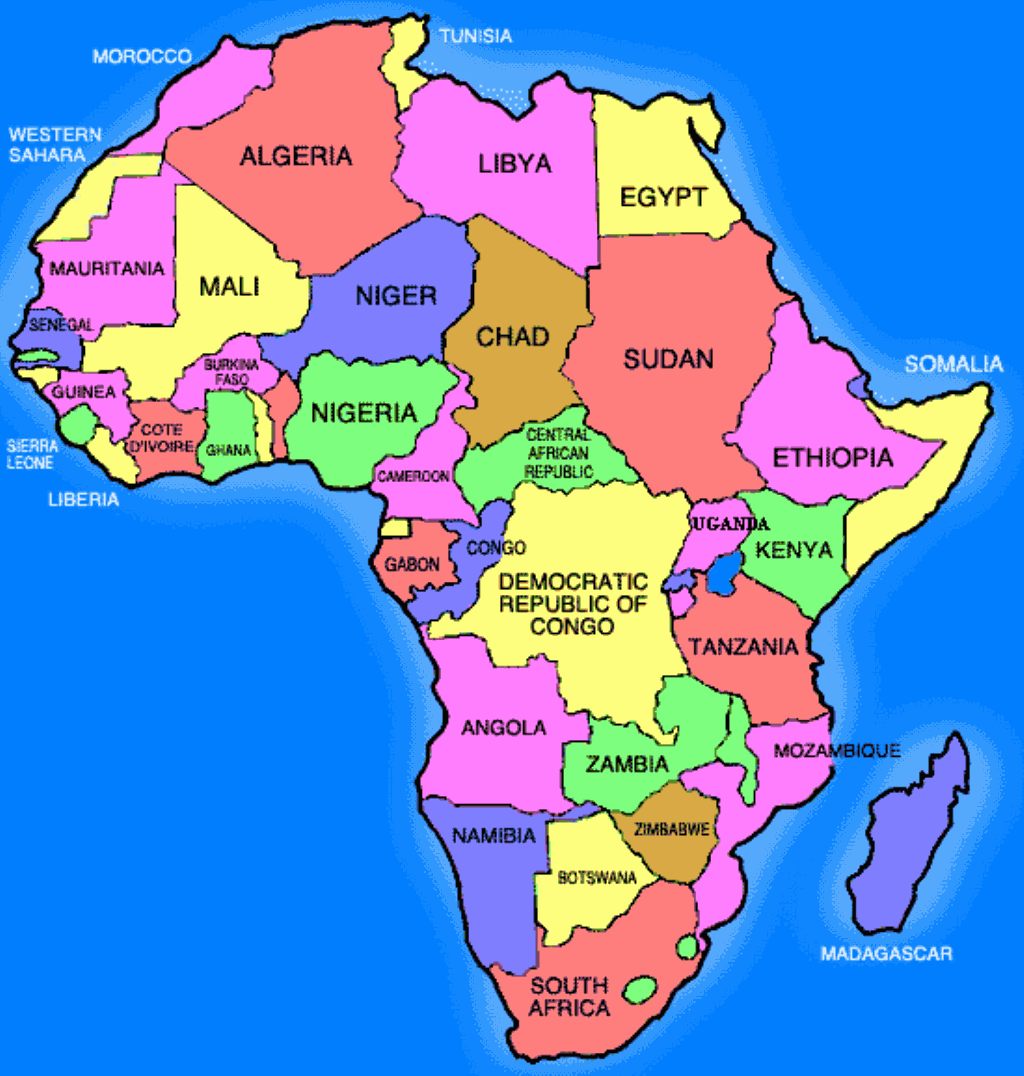In the contemporary milieu of global consciousness, the Bahá’í Faith emerges as a potent vessel for transformation and collective harmony, particularly within the vibrant tapestry of Africa. The Bahá’í teachings advocate for unity in diversity, which resonates profoundly across the continent. The metaphor of Africa as “a Garden of Flowers in Bloom” aptly encapsulates the rich cultural and spiritual fecundity present in various Bahá’í communities throughout Africa.
Understanding the complexities of Bahá’í principles requires an exploration of foundational tenets that guide its adherents. These teachings, rooted in the writings of Bahá’u’lláh, converge upon key themes such as unity, justice, and the intrinsic value of human dignity. This ideological spectrum not only shapes individual behavior but also motivates community action towards societal well-being and global harmony.
At the crux of Bahá’í belief is the principle of the oneness of humanity, an assertion that transcends ethnic, cultural, and religious boundaries. In the African context, this principle finds expression through various community initiatives that celebrate cultural diversity while fostering a sense of shared identity. For example, the Bahá’í community actively promotes interfaith dialogue, which serves as a conduit for understanding among different religious traditions, thereby enriching the social fabric of African nations.
Education, as championed by the Bahá’í teachings, plays a pivotal role in this endeavor. The establishment of Bahá’í schools across Africa illustrates a commitment to both spiritual and academic development. These institutions emphasize moral education alongside traditional curricula, thereby cultivating a generation of leaders who are not only knowledgeable but also ethically grounded. Reflecting the teachings of ‘Abdu’l-Bahá, who emphasized the importance of education for all—irrespective of gender or socio-economic status—these schools serve as a bulwark against ignorance and prejudice.
Furthermore, the burgeoning artisan and entrepreneurial sectors within the Bahá’í community are manifestations of the Faith’s emphasis on self-reliance and economic empowerment. Doctrine encourages its followers to engage in productive work that contributes to community welfare. The proliferation of initiatives aimed at sustainable development—such as agricultural cooperatives and handicraft projects—demonstrates the Faith’s holistic view of prosperity, thereby enriching the economic landscape while safeguarding environmental integrity.
The Bahá’í teachings also insist on the imperative of social justice. The struggle against inequality and injustice is articulated not as a mere moral obligation but as a sacred duty of each follower. The ongoing efforts to combat gender discrimination, through advocacy and community programs, underscore the spoken belief in the equal potential of women and men. In Africa, where traditional gender roles can often serve to marginalize women, the Bahá’í approach champions women’s empowerment through education and leadership opportunities, reverberating through communities and erasing longstanding disparities.
These teachings converge in a vision of collective action, where individuals inspire one another towards the common good. The concept of consultation, which encourages inclusive decision-making processes, is integral to the community governance model exercised within Bahá’í communities. This practice not only enhances unity but also engenders a sense of ownership over communal endeavors and initiatives, prompting widespread participation.
African Bahá’í communities are often characterized by their dynamic gatherings, known as 19-Day Feasts, which blend worship, fellowship, and communal discussion. These events embody a microcosm of the larger vision of Bahá’í community life. They serve as essential platforms for nurturing spiritual awareness while addressing local issues through collective inquiry. The Feast becomes a place wherein the harmony of diverse perspectives converges, echoing the overall ethos of the Bahá’í Faith.
Integral to the development of these communities is the reverence for cultural expression. Bahá’ís in Africa enthusiastically engage in artistic manifestations that celebrate their rich heritages. Music, dance, and visual arts often feature prominently in community gatherings, serving to reinforce the bond between cultural identity and spiritual expression. This cultural flourishing is not only a testament to the vibrancy of the African context but also a manifestation of the Bahá’í commitment to celebrate and integrate diverse forms of expression within the spiritual life.
Moreover, the interconnectedness of Africa’s nations allows for the sharing of these transformative teachings across borders. The establishment of the Bahá’í International Community and its various programs promotes international cooperation. The potential for Africans to collaborate on broader continental initiatives leveraging the teachings of the Faith manifests a profound allegiance to the doctrine of auxiliary language; individual contributions culminate in a shared narrative of progress and unity.
The vibrant blooms of Bahá’í teachings in Africa bespeak a landscape characterized by resilience and hope. By nurturing a culture of mutual respect, love, and understanding, these communities are architecting not only a sustainable present but a luminous future. The myriad expressions of this Faith across the continent illustrate the depth of its commitment to building a world unified in diversity.
In conclusion, the Bahá’í teachings remind adherents and observers alike that Africa, as “a Garden of Flowers in Bloom,” signifies not merely a space of rich diversity but also a potential fulcrum for global change. As the region harnesses its inherent vibrancy and strength, it stands poised to exemplify what it means to build communities rooted in principles of equity, justice, and the harmonious integration of both spiritual and material dimensions of life.
